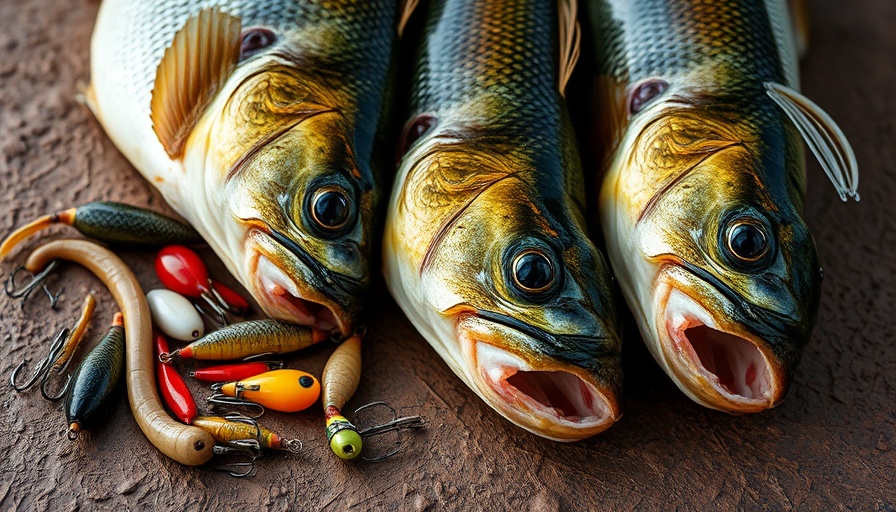
Understanding the Presence of Forever Chemicals in Wild Game
For many outdoor enthusiasts, the thrill of hunting and fishing goes beyond sport; it’s about nourishing oneself with the freshest of nature's bounty. However, a shadow looms over these pursuits: forever chemicals, or PFAS (per- and polyfluoroalkyl substances), which are now found in various wildlife species. These chemicals, often linked to industrial pollution, raise questions about both health risks and the implications for sustainable eating.
Why We Can Still Enjoy Wild Game
Research indicates that while PFAS can be harmful at certain levels, the cooking methods can significantly mitigate some health risks associated with these chemicals. Grilling or roasting wild game can help reduce fat content where these chemicals tend to concentrate. Furthermore, many experts suggest that the benefits of consuming lean game meats, which are rich in protein and nutrients, often outweigh the potential risks posed by PFAS, especially when consumed in moderation.
Historical Context: The Rise of Forever Chemicals
Forever chemicals began to catch public attention in the late 20th century due to their environmental persistence and potential health impacts. Understanding their historical use in non-stick cookware, water-repellent fabrics, and firefighting foams sheds light on how they pervaded wildlife habitats. As we become more aware of these issues, we can advocate for cleaner practices in hunting and fishing.
Local vs. Global Perspectives on PFAS
Urban areas and rural communities face unique challenges regarding the presence of these chemicals in wildlife. In urban regions, industrial runoff often contributes to contamination of local game, while rural hunters might confront different environmental impacts due to agricultural runoff. Policies addressing PFAS contamination vary between states, which can complicate local hunting practices. Understanding these disparities is crucial for anyone engaging in hunting or fishing.
Deciding If Wild Game is Right for You
Ultimately, it's a personal choice whether to continue consuming wild game with potential PFAS exposure. Assessing local conditions, including wildlife health reports and understanding community resources for testing game meat, empowers individuals in their pursuit of safe and sustainable foods. As more data emerges, hunters can make informed decisions on whether to partake in these natural meals.
Your Next Adventure Awaits
Engaging with nature through hunting or fishing not only provides a source of sustenance but contributes to a deeper connection with the environment. Even amid concerns over forever chemicals, we can mitigate risks while savoring the joys of outdoor expeditions. So, gear up for your next escape into the wild — the thrill of discovery is awaiting.
 Add Row
Add Row  Add
Add 




Write A Comment